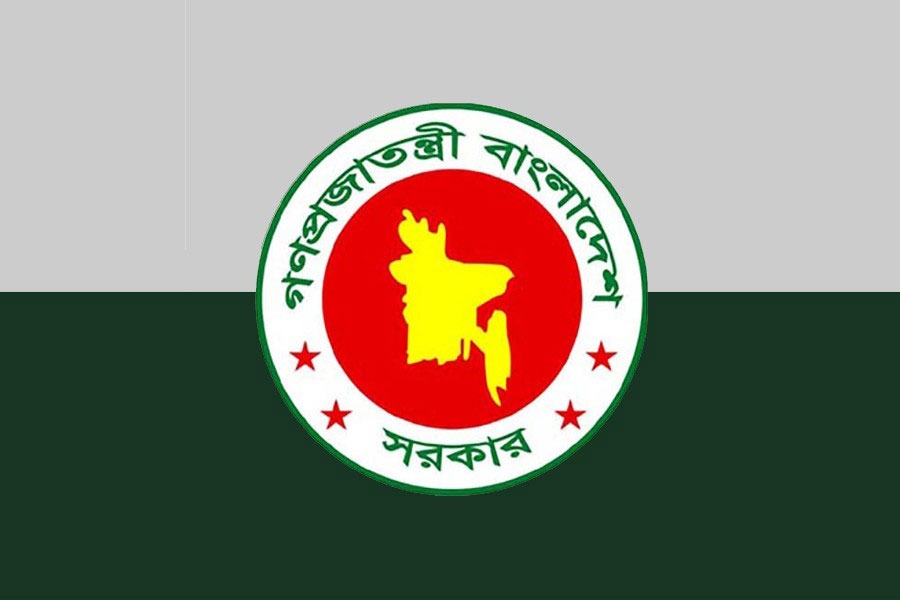
Published :
Updated :

Entire pantheon of the interim administration sits for a high-level brainstorming session today to address ongoing challenges in development- project planning, procurement, financing and execution besides foreign-aid disbursement and government debt management.
The Cabinet Division has arranged the meeting titled 'Contemporary Issues in Project Planning and Implementation in Bangladesh: A Policymaking Perspective' that will bring together all advisers of the interim government, special assistants to the Chief Adviser, secretaries of all ministries, and senior officials from the Planning Ministry.
Planning Adviser Dr Wahiduddin Mahmud and Finance Advisor Dr Salehuddin Ahmed jointly will moderate the event to be arranged with hospitality and secretariat support by the Economic Relations Division (ERD).
"The expected outcomes of the event include building a shared understanding of critical bottlenecks in project execution and generating policy-level insights to strengthen debt sustainability and project appraisal," says a senior official at the ERD.
In addition, the process is expected to yield actionable recommendations from policymakers to streamline project implementation and approval procedures, the officer adds.
A total seven papers are waiting to be presented at the event, covering foreign financing, debt strategy, project planning and approval, public procurement challenges, and the role of the CCGP and case studies on project implementation and foreign-financed projects, reveals the notice of the meeting.
Dr Anisuzzaman Chawdhury, Special Adviser to the Chief Advisor, Secretaries from the ERD, Planning Division, IMED and the Chief Executive Officer (CEO) of the Bangladesh Public Procurement Authority (BPPA) will project obstacles in the development system in Bangladesh.
Sound public investment through well-planned and efficiently executed development projects remains central to Bangladesh's socioeconomic aspirations, reveals a working paper of the meeting.
However, persistent hurdles -- ranging from poor project prioritisation, lengthy approval processes and procurement delays to cost-overruns and weak monitoring -- continue to undermine outcomes, it says.
The challenges are mounting further as fiscal space narrows with rising sovereign debt, making debt sustainability an increasingly pressing concern, cabinet division officials have said.
The session aims to pinpoint critical weaknesses in project planning, approval and execution, draw lessons from a case study on public-sector project implementation, and create a platform for senior government officials to engage in dialogue on necessary reforms and coordinated actions.
The report of the Implementation Monitoring and Evaluation Division (IMED) of the Planning Ministry reveals that only 67.85 per cent of the Revised Annual Development Programme (ADP) outlay was utilized in the last fiscal year, marking the lowest implementation rate in more than 12 years.
When measured against the original approved allocation, the effective execution rate is even lower, highlighting persistent challenges in project delivery.
An analysis shows in the fiscal year 2023-24, over Tk 2.05 trillion was spent for ADP implementation, but dropped by 25.20 per cent in the last fiscal, amounting to Tk 1.53 trillion.
While this lower expenditure has eased some pressure on fiscal and budgetary management, the reduced disbursement of Tk 516.68 billion has adversely affected the poor, limiting access to critical services and development support.
The IMED review has identified recurring problems across the entire project cycle -- from feasibility assessments and formulation to approval, implementation, and post-implementation monitoring.
The report bears several dozen recommendations for addressing these issues. A senior IMED official says the upcoming discussion will focus on finding practical solutions to break the longstanding cycle of repeated problems and recurring recommendations.
On the other hand, only around 100 projects were approved in 12 meetings of the ECNEC in the last fiscal year -- significantly lower than over 350 projects in several dozen meetings.
Economists warn that the slowdown in new project approvals could slow overall development, reduce the flow of funds to the poor, and curb private investment due to lower government spending.
They also caution that stagnation in ongoing projects may increase pressure for future project revisions.
However, ERD Secretary Shahriar Kader Siddiky and Planning Secretary Iqbal Abdullah Harun could not be reached for comment despite repeated follow-ups over two days.
jahid.rn@gmail.com


 For all latest news, follow The Financial Express Google News channel.
For all latest news, follow The Financial Express Google News channel.